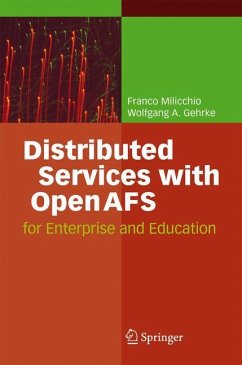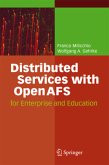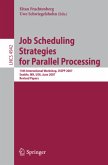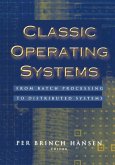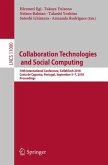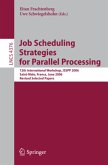This book shows in detail how to build enterprise-level secure, redundant, and highly scalable services from scratch on top of the open source Linux operating system, suitable for small companies as well as big universities. The core architecture presented is based on Kerberos, LDAP, AFS, and Samba. Coverage shows how to integrate web, message related, data base and other services with this backbone. This architecture provides a Single-Sign-On solution for different client platforms and can also be employed for clustering. Although it is implemented with Debian GNU/Linux, the content can be applied to other UNIX flavors.
Aus den Rezensionen: "... Das Hardcover befasst sich mit der Entwicklung skalierbarer und sicherer Anwendungen auf der Basis von OpenAFS. Es präsentiert die Kernbestandteile, die auf Kerberos, LDAP, AFS oder Samba aufbauen und verdeutlicht, wie man OpenAFS in andere Systeme integrieren kann. Auch Single Sign On für verschiedene Client-Plattformen und Clustering wird unterstützt. Lobenswert ist die Zusammenstellung weiterführender Ressourcen im Web." (in: IT-Mittelstand, 2007, Issue 11, S. 48)

